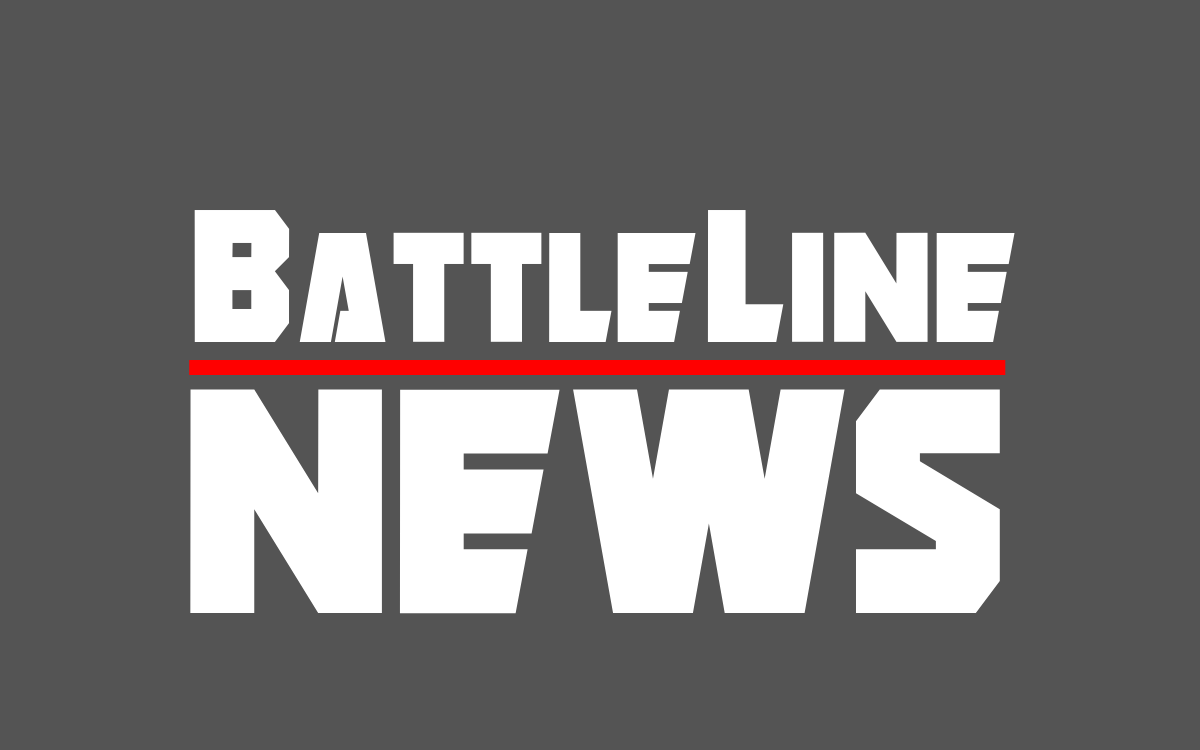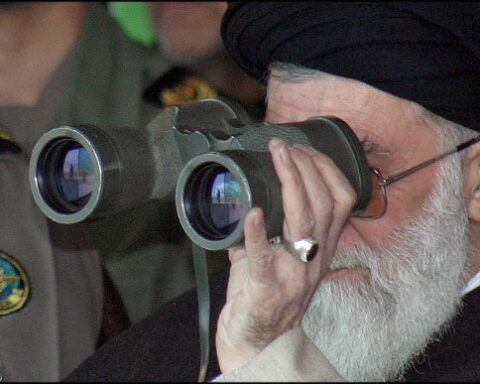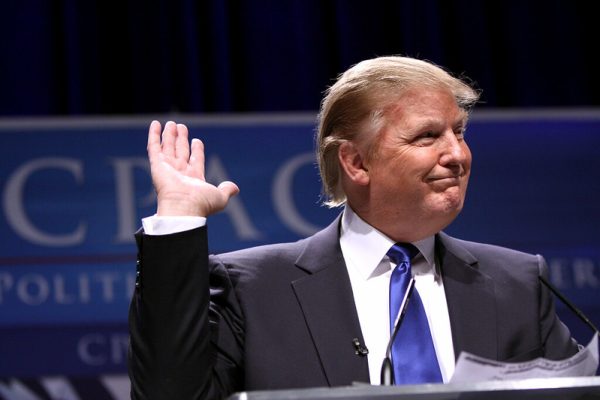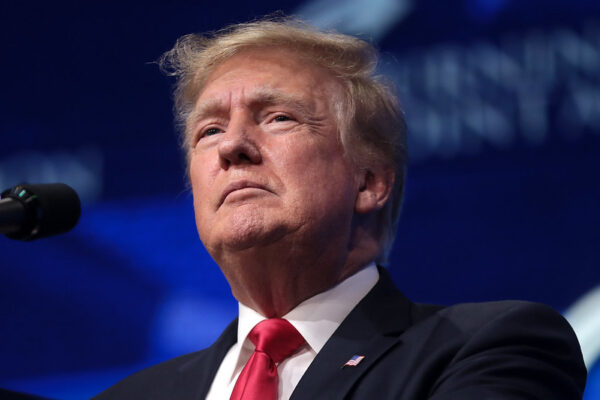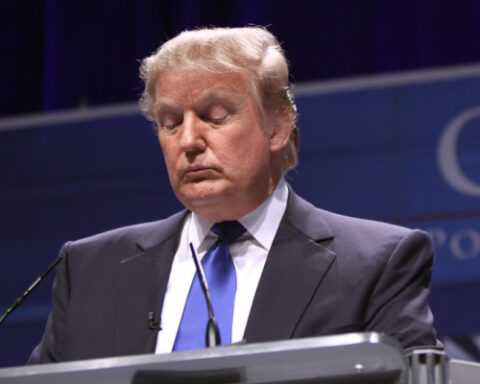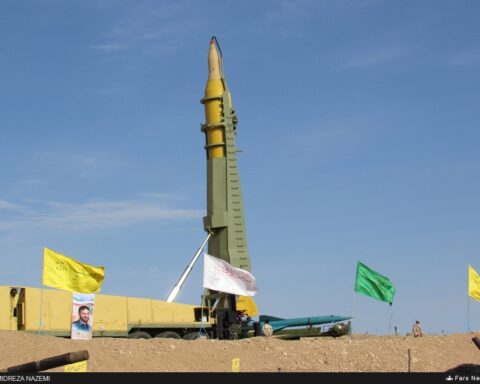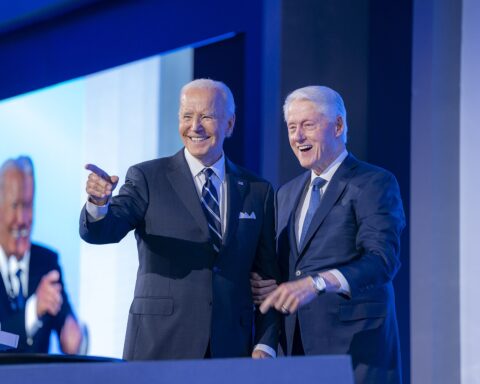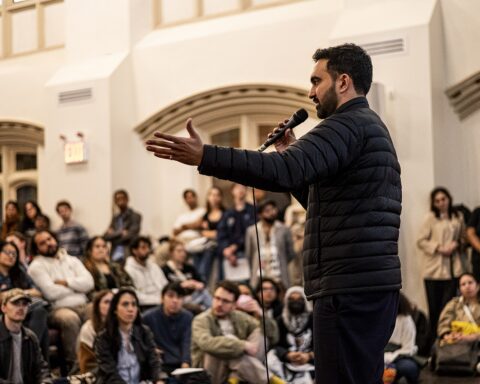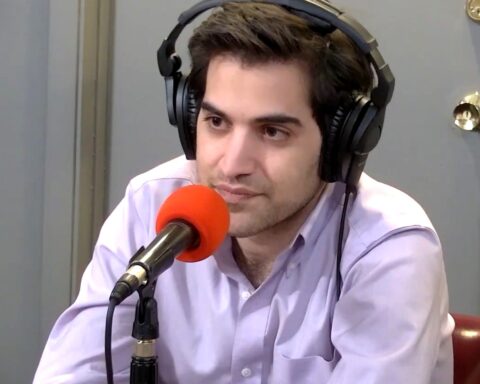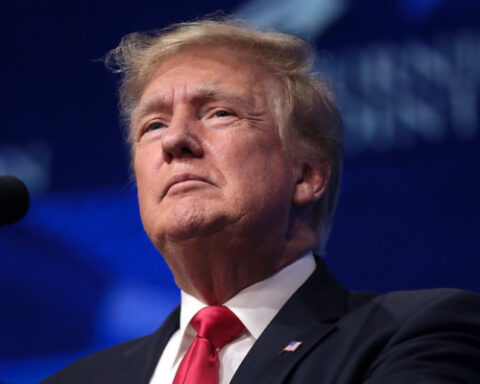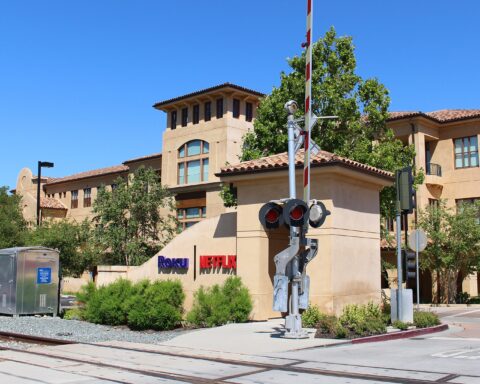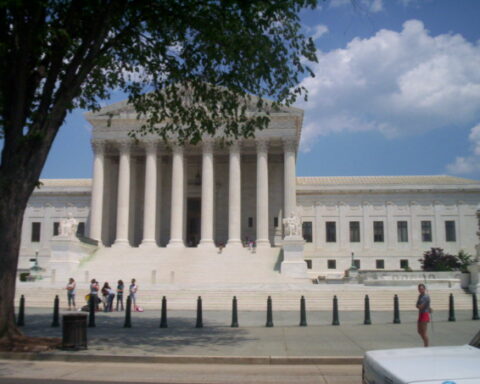In a striking response to recent U.S. airstrikes on Iranian nuclear facilities, Ayatollah Ali Khamenei, Iran’s Supreme Leader, reportedly proclaimed a significant victory over both the United States and Israel.
This declaration came in a series of posts on X, marking his first public statement since the bombardment, which involved the deployment of 30,000-pound bunker-busting bombs on key sites in Fordow, Isfahan, and Natanz.
Khamenei began by expressing his congratulations, stating, “My congratulations on our dear Iran’s victory over the US regime.”
He claimed that the U.S. had entered the conflict to protect Israel from potential destruction, yet had achieved nothing in the process.
This rhetoric underscores a long-standing narrative within Iranian leadership that frames the U.S. as an aggressor in the region.
Highlighting recent military actions, Khamenei noted that the Islamic Republic had inflicted damage on the Al-Udeid Air Base, a strategic U.S. installation in the Middle East.
“The Islamic Republic delivered a heavy slap to the US’s face,” he asserted, emphasizing Iran’s capability to strike back whenever deemed necessary. He warned that any future aggression would be met with severe consequences.
These statements come at a time of heightened tensions following President Donald Trump’s decision to escalate military actions against Iran, which he likened to the bombings of Hiroshima and Nagasaki during World War II.
Trump’s aggressive stance and military actions have drawn both domestic and international scrutiny.
Khamenei’s remarks reflect not only a defiant posture but also an attempt to galvanize nationalistic sentiment within Iran.
By framing the conflict as one of resistance against foreign aggression, he seeks to bolster support for the Iranian regime amid ongoing economic challenges and political dissent.
As the situation unfolds, the implications of Khamenei’s statements may resonate beyond Iran’s borders, influencing regional dynamics and U.S. foreign policy.
The Iranian leadership’s narrative of resilience and triumph could complicate diplomatic efforts, as both nations navigate a fraught landscape marked by historical grievances and contemporary conflicts.
The exchange of hostilities between the U.S. and Iran continues to evolve, with each side leveraging rhetoric and military action to assert its position.
As Khamenei claims victory, the potential for escalation remains, casting a shadow over the prospects for peace and stability in the region.
[READ MORE: Iranian Nuclear Chief Reveals Plans to Restart Enrichment Program]
